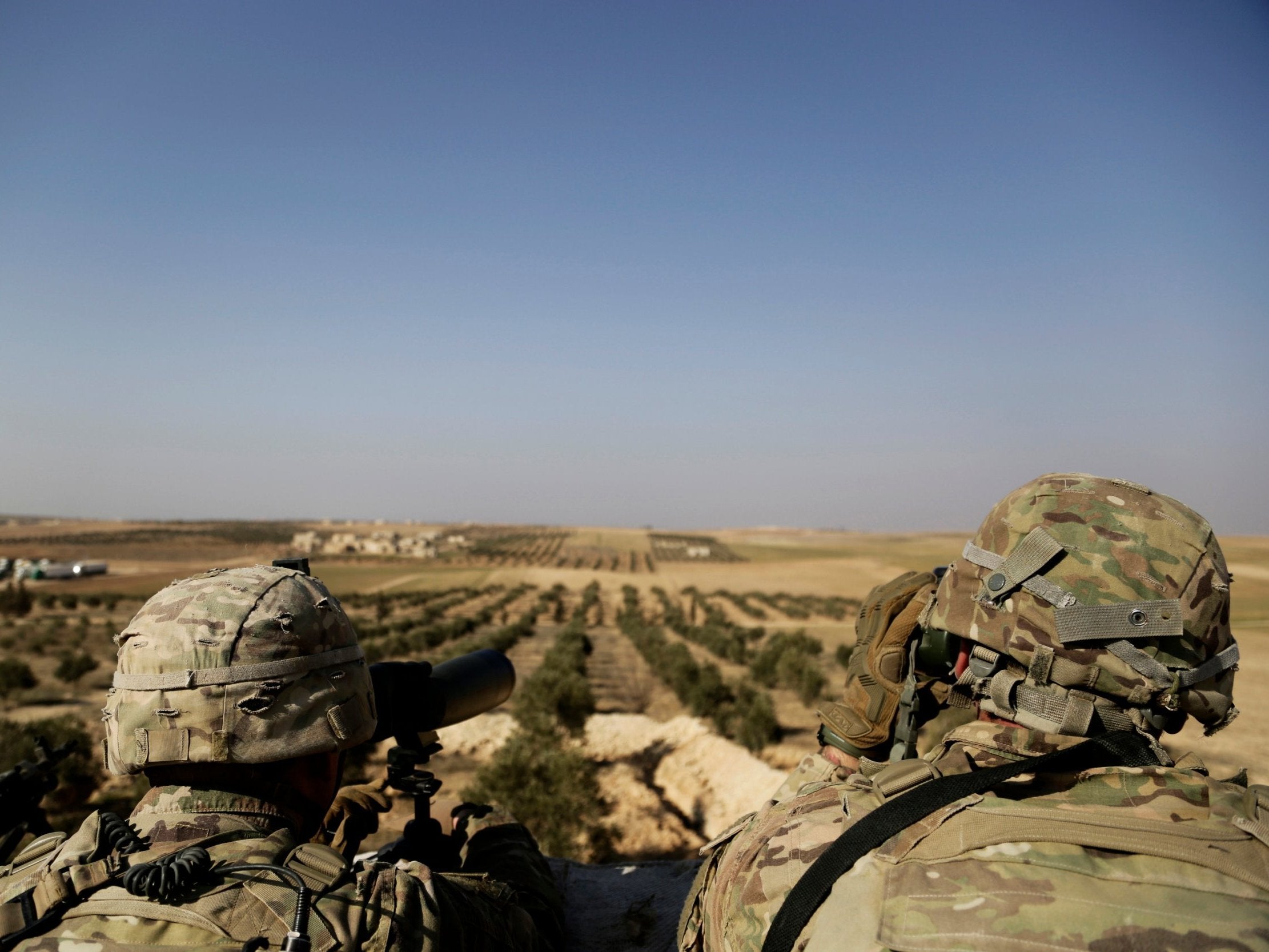Human rights lawyer Wendy Lyon spoke to the Global Development Society and DUGES this week about the women’s revolution in Syria and her experience undertaking field work in Rojava, a de-facto autonomous region of the war torn country.
Lyon visited Rojava with the organisation Kongreya Star, an advocate group for women’s rights which set up communes focusing on different areas: education, health, the economy, problem-solving in conflicts, and self-defence. Lyon, who currently sits on the board of the Irish Family Planning Association (IFPA), described how Rojava is home to many different nationalities, including Syrians, Turkmen and Kurds. This melting pot of languages and nationalities in this region means it has become an “experiment” as the different communities work together to form secular, liberal and democratic institutions. At the heart of this political system is gender equality. Vice described Rojava as “the most feminist revolution the world has ever witnessed” with women being highly involved in the communes which elect an administration every two years and must have both a male and female chair. The political system focuses on governance at a local level with more institutions in place if the local commune cannot resolve an issue, at all levels of governing there must be a balance of power between men and women.
Comparing the situation to a rose having thorns or a chameleon changing colour, Lyon defended the emphasis on self-defence in the communes. Claiming that while she was there the area was safe, Lyon was also quick to remind the audience that the region is still at risk from Turkey and the Assad regime. Rojava is currently under the protection of the US army forces, and having been largely involved in leftist politics, Lyon said her support of the presence of US troops was a “mindfuck”. She felt that if the US were to leave, Rojava would be forced to go back to the Assad regime in an effort to protect themselves from Turkey. Later, during the Q&A period, an audience member queried this, questioning if there really could be a conclusive answer on whether Turkey or the Assad regime posed more of a problem.
The power of women in Rojava moves beyond the communes and into the defence forces, Lyon highlighted how groups like YPJ (Women’s Protection Units) are trained in using weapons and spoke of the power it has given women. Lyon argued that “defence has become the monopoly of the state” and self-defence where women are not taught to be the “aggressors” is important, especially “with ISIS down the road from you”. Rojava’s emphasis on gender equality has resulted in strict laws prohibiting underage marriage and violence against women. Lyon noticed while walking around Rojava that very few women were veiled. An audience member queried the association with women being suppressed and the hijab, Lyon clarified her point saying she was inferring the importance of choice.
Lyon had emphasised the uniqueness of the area in its construction of democratic institutions which focus on freedom of religion and not just the inclusion of women but an equal balance of power between men and women. Audience members were keen to know whether the political model being formed could be adopted elsewhere. Lyon didn’t seem to think so, saying that if a societal structure is already in place she wasn’t sure if this model would work. During the Q&A period, Lyon pointed out that she had been invited by individuals who ran the commune and admitted therefore that her view might not be conclusive of the region, leaving gaps in her talk and some questions unanswered.
A previous version of this article stated that Wendy Lyons sits on the board of the Irish Refugee Council. In fact, it’s the board of the Irish Family Planning Association that she is a member of.






